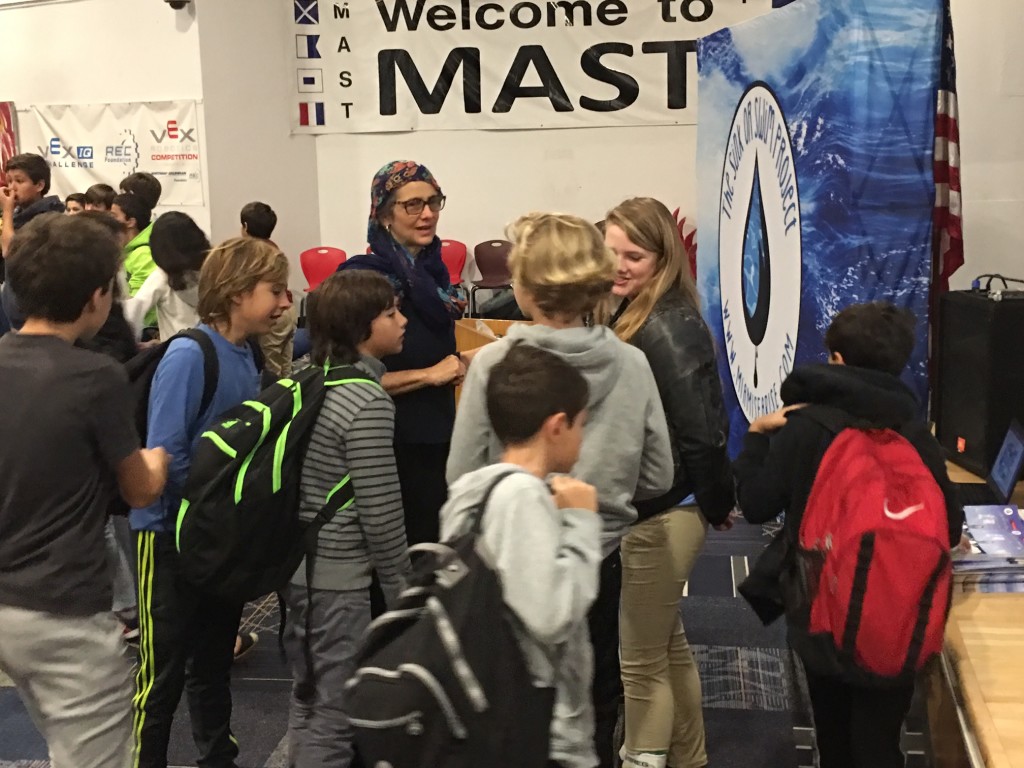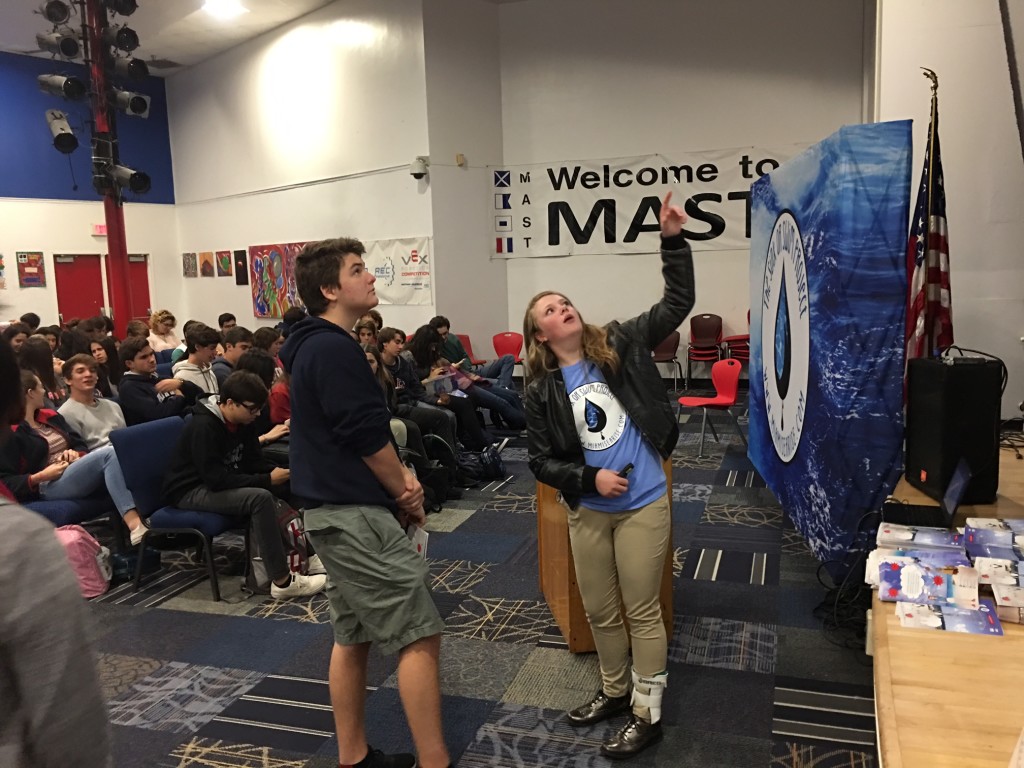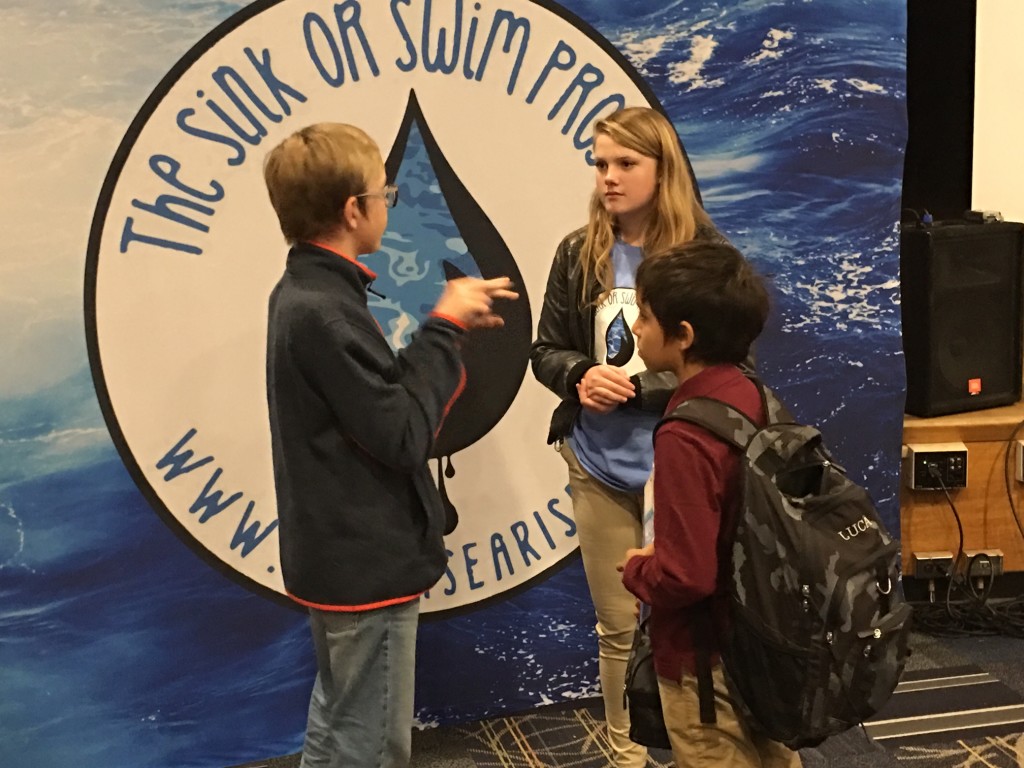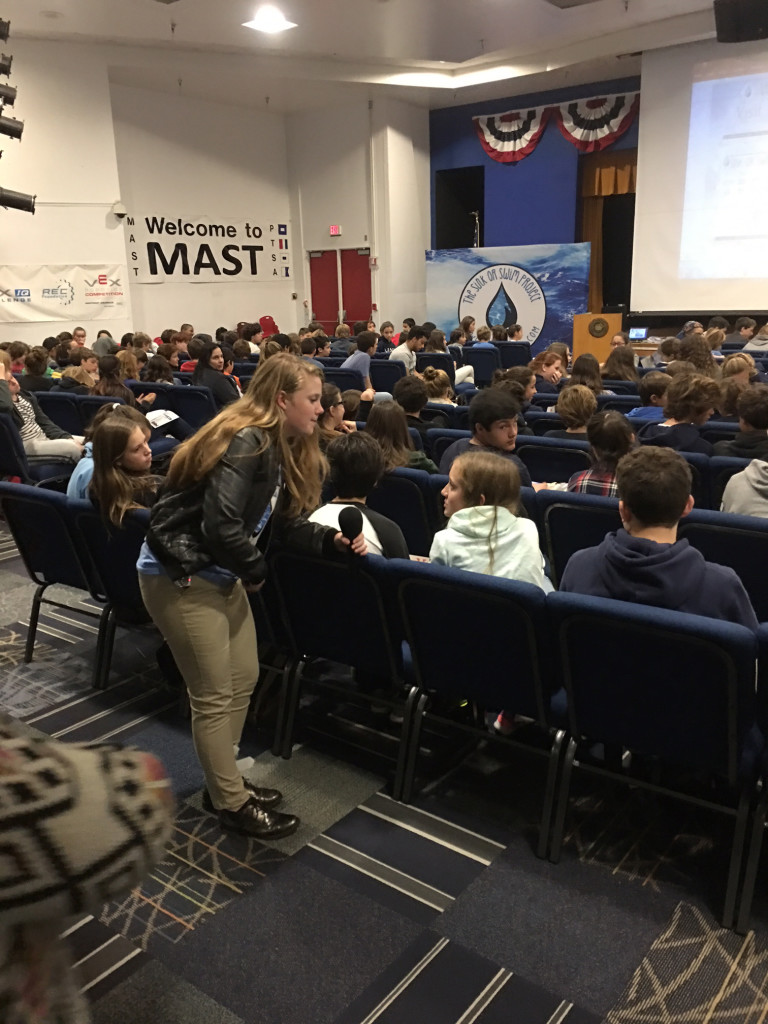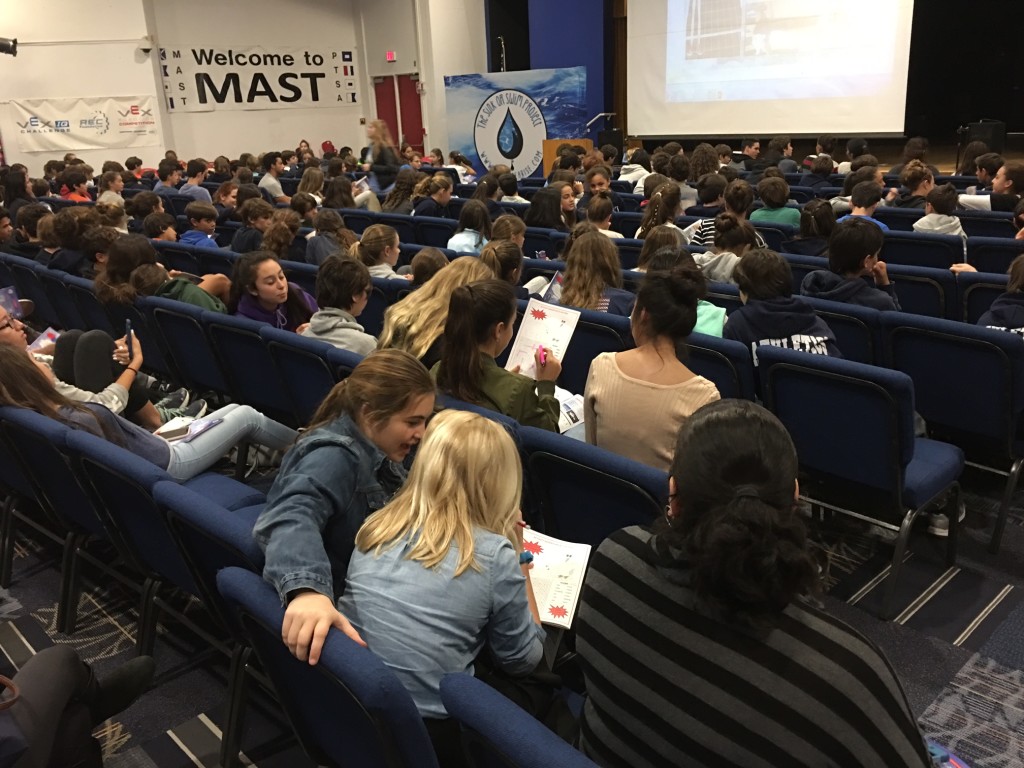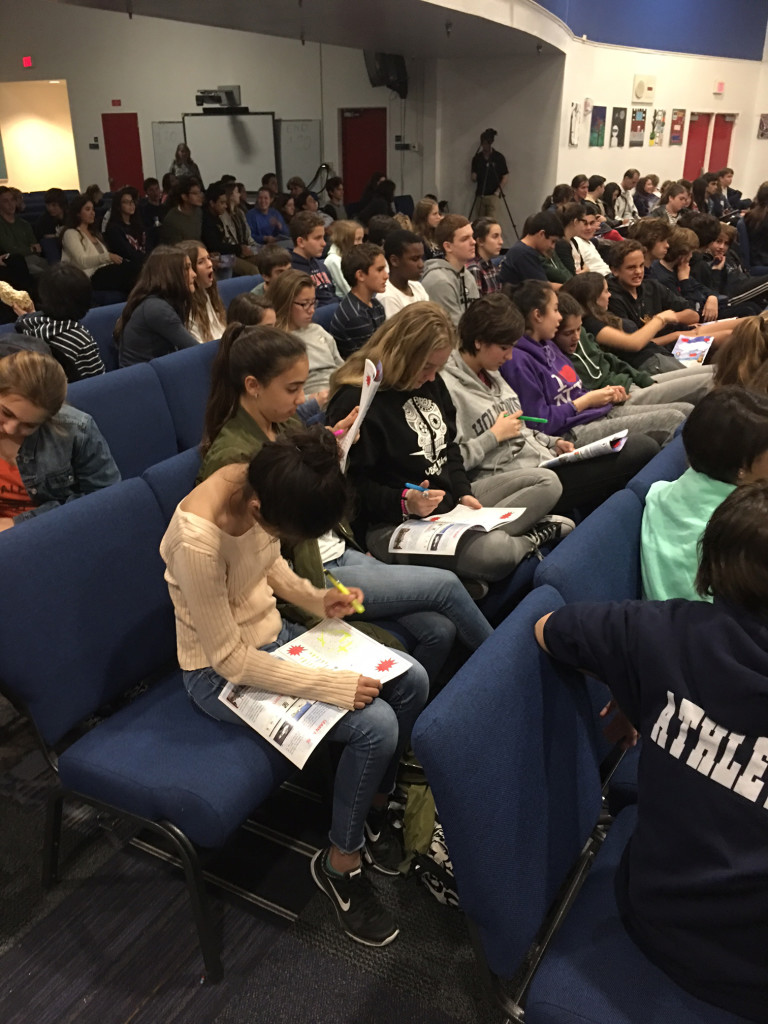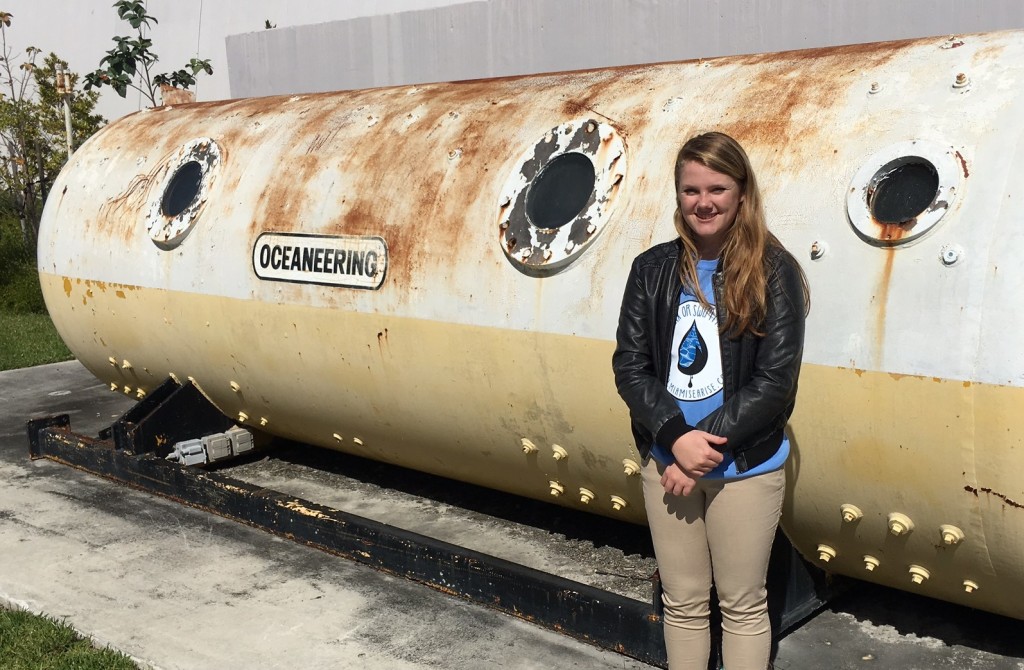National Geographic: Fighting For Their Future
Like my father before me, and his father before him, I‘ve grown up in what I would call a National Geographic household. Every month, year after year, decade after decade, dating to near the start of the last century, the magazine arrives in the mail with great fanfare as my entire family riffles through its pages and is transported all over the globe to learn about the wonders of nature, world cultures and some of the most profound issues of our time.
In fact, I honestly can’t imagine a more important publication or group of artists and story tellers than the people at “Nat Geo” and for that reason I am increadibly honored to have their amazing work cross my path once again by being featured in the April issue on climate change.
I first had the honor of working with the National Geographic Society when they televised the Emmy Award winning Years of Living Dangerously series in a piece that Jack Black hosted entitled Gathering Storm: Saving Miami (you can stream that and the other incredible episodes by clicking here).
I am still not sure it was a coincidence that on a family trip during the summer of 2015 to visit Washington DC’s Smithsonian Museums that our hotel was next door to, you guessed it, The National Geographic Society. It will not surprise you that we revised our plans and spent one entire morning walking through the building, enjoying an exhibit on monster river fish and another on anthropological archaeology. And as wonderful as the inside was, one of the billboards on the outside made the experience extra worthwhile.
As we walked around the outside of the building to look at the pictures, I was overwhelmed to see that one featured one of my environmental heroes, famed shark scientist and frequent SharkFest National Geographic explorer Dr. Neil Hammerschlag from the University of Miami. Neil was deploying a “critter cam” with a very large tiger shark cruising just below him. That picture, along with the many shark tagging trips I’d taken with him in middle and high school, helped inspire me to apply to his Hammerschlag Shark Research and Conservation Lab here at the University where I have been a proud member for three years, have recently been selected as a Teacher’s Assistant, and have plans to work on a marine microplastic research project with him in Toronto, Canada.
For the release of Years of Living Dangerously, we hosted an exclusive red carpet premiere here in Miami at the the Tower Theatre in Little Havana. I interviewed many of the characters featured in the episode, as well as many local scientists and politicians so viewers could learn about their work. It was a pleasure to also interview Dr. Hammerschlag and his wife, Dr. Caroline Hammerschlag who was coincidentally my AP Environmental Science teacher at the time. Yeah, you sure could say that billboard on the Society’s offices and his work with Nat Geo and UM have had a life changing impact on me.
And there was National Geographic once again, in 2017, changing my life by honoring me as an inaugural National Geographic Teen Service Award Winner for my educational work and activism. I am ever so grateful to be selected, much less to be the first, and to use that honor to draw attention to our climate crisis and plight.
And as incredible as being associated with that show or receiving that honor was the magazine is, well, different. It’s an iconic publication that has been sharing thought provoking stories and images with the world since 1888. And, in an increasingly digital world that has seen far too many print publications cease to exist, I am happy to report that over 5.1 million people subscribe to National Geographic today.
And I am also proud, ever so proud, to be associated with the magazine in an article about youth climate activists. People like Xiuhtezcatl Martinez, a plaintiff in the federal lawsuit against our government that seeks climate justice, the counter part to the Florida suit (Reynolds v. State of Florida) that I am leading. Or Rabab Ali, an 11 year old Pakistani woman who has sued her government over the right to have a healthy environment. Or Greta Thunberg whose Friday Climate School Strikes have inspired countless young people to find their voices and demand change. And all the others. I do hope that you will read the feature and, as you do, I hope you will consider finding your voice, raising your hand and standing up for our mutual future before it’s too late.
Allow me to end by thanking a few people who worked to share my story and those of the other people featured in the article.
First, thanks so very much to Laura Parker who wrote the story and is a staff writer at National Geographic where she focuses on climate change and our marine environment. For a college kid like me that’s majoring in Marine Science and minoring in Climate Science and Policy, Laura was a dream to work with. Over the course of months we spent a great deal of time talking about my concerns and the need for action and Laura understood every word. Laura, thank you for sharing with the world that young people are not only seriously concerned, but that our concerns must be taken seriously.
National Geographic is most certainly known for its stunning, award winning pictures and with that in mind I’d like to humbly thank Victoria Will for taking mine for this feature. As she flew into Miami from another assignment in Colorado I was not sure what to expect but over the day we spent together at Miami’s Matheson Hammock Park, a place I learned to swim and have returned to many times to help educate people about our climate change crisis, it was obvious that she and her assistant Savannah Shipman were equal parts professionals and artists.
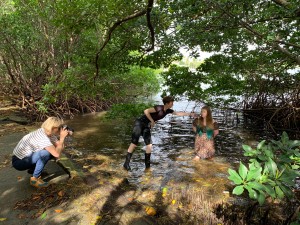 |
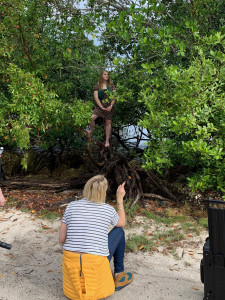 |
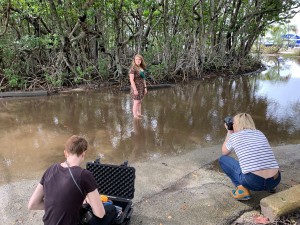 |
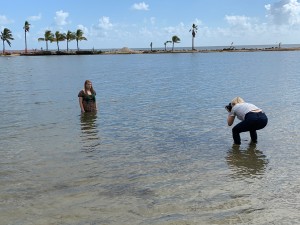 |
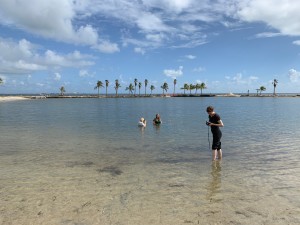 |
The day started along the Biscayne Bay shoreline, the city of Miami sparkling off in the distance, but soon evolved into the mangrove forests that help make the park so magical and ultimately we waded off into the middle of the same salt water lagoon, dress and all, that as a young child I learned to swim in. Visitors walked the sand beach that surrounds the lagoon and must have wondered what in the world that young woman was doing in a dress with water up to her chest, much less the photographer with one camera after another shooting pictures but I knew I was in great hands. Victoria was incredibly friendly and kind in her comments about my work, its importance, and being involved in this issue. She truly touched my heart. Little did I know that Victoria is a Princeton University graduate “celebrity portraiture” who has photographed some of the most famous people on the planet including Leonardo DiCaprio, Julia Roberts, Matt Damon, Adam Driver, and Selena Gomez to name just a few. To learn more about Victoria’s work please visit www.victoriawill.com and you will see what I mean when I say I am humbled that she graced me, this issue, and story with her artistry.
And finally, a special thanks to everyone at National Geographic. The work you do, the stories you tell and the images you share have long been globally important, but are more important now than ever. In a world that’s often confused or distracted by “reality television” or “alternative facts”, you share the truth in unique and thought provoking ways that truly matter. For what all of you do, much less for the indelible role you have played in my life and that of my family’s for generations, thank you and keep up the most excellent work.
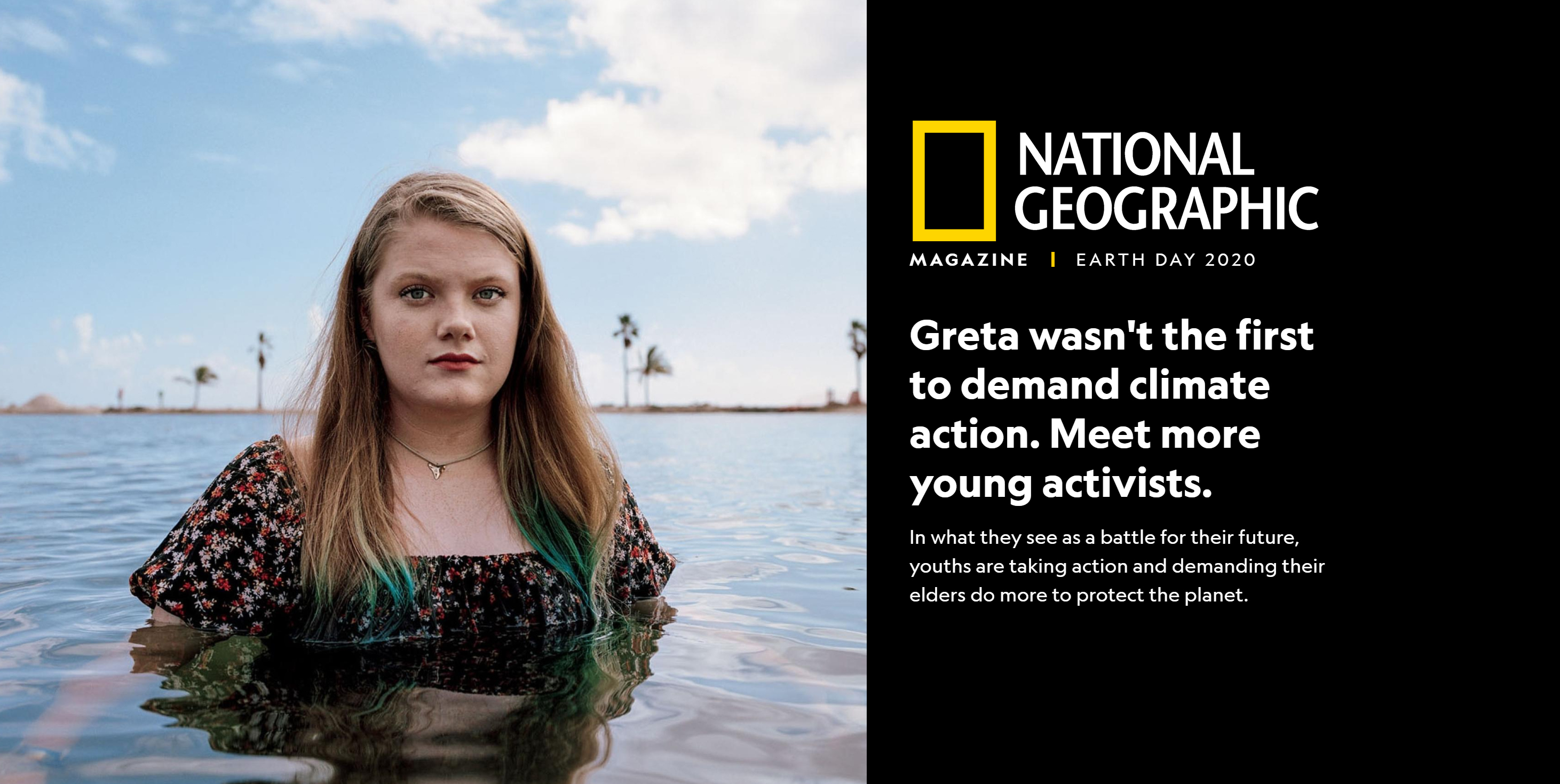
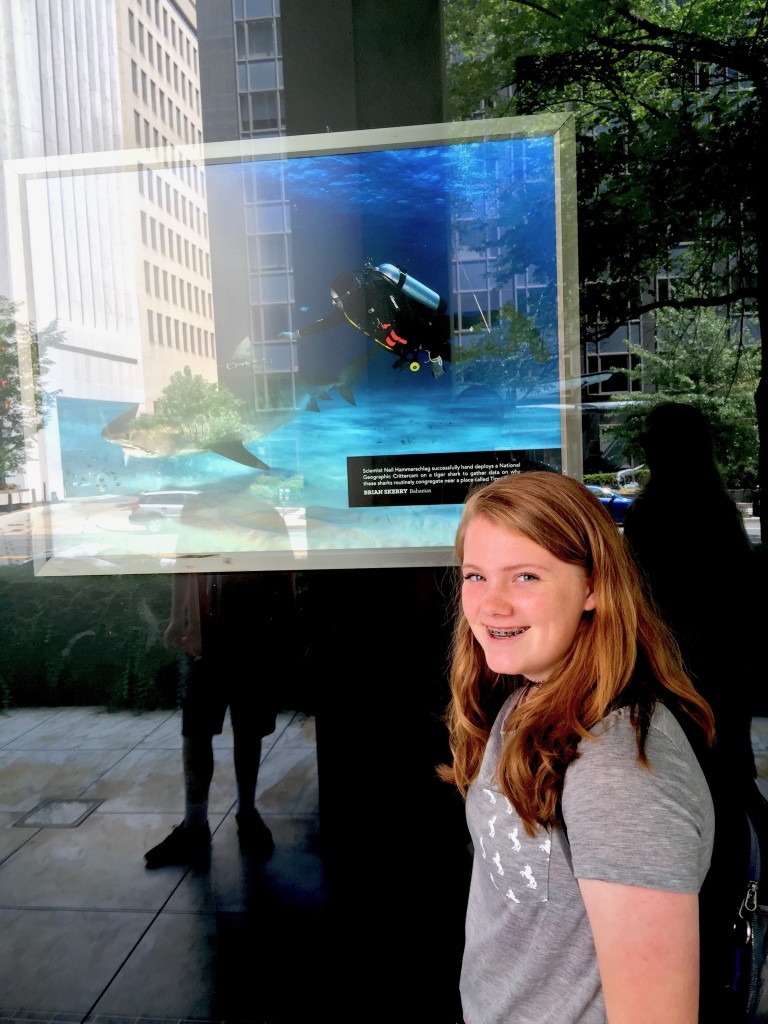
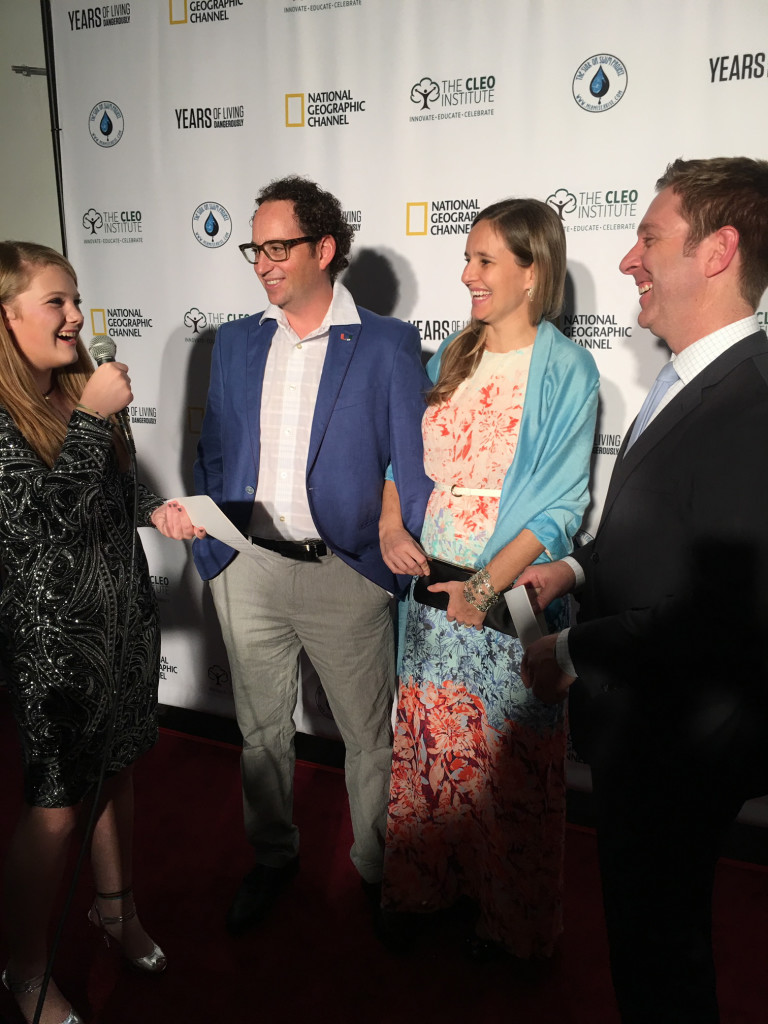
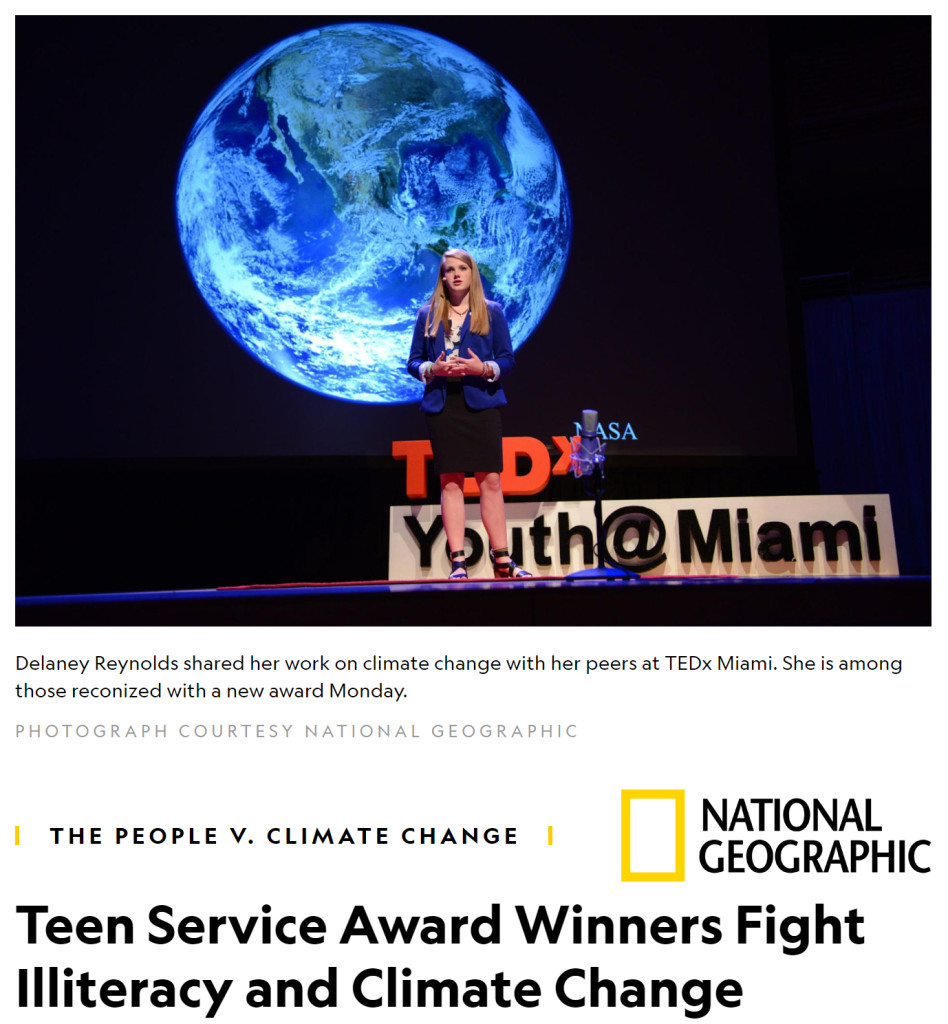
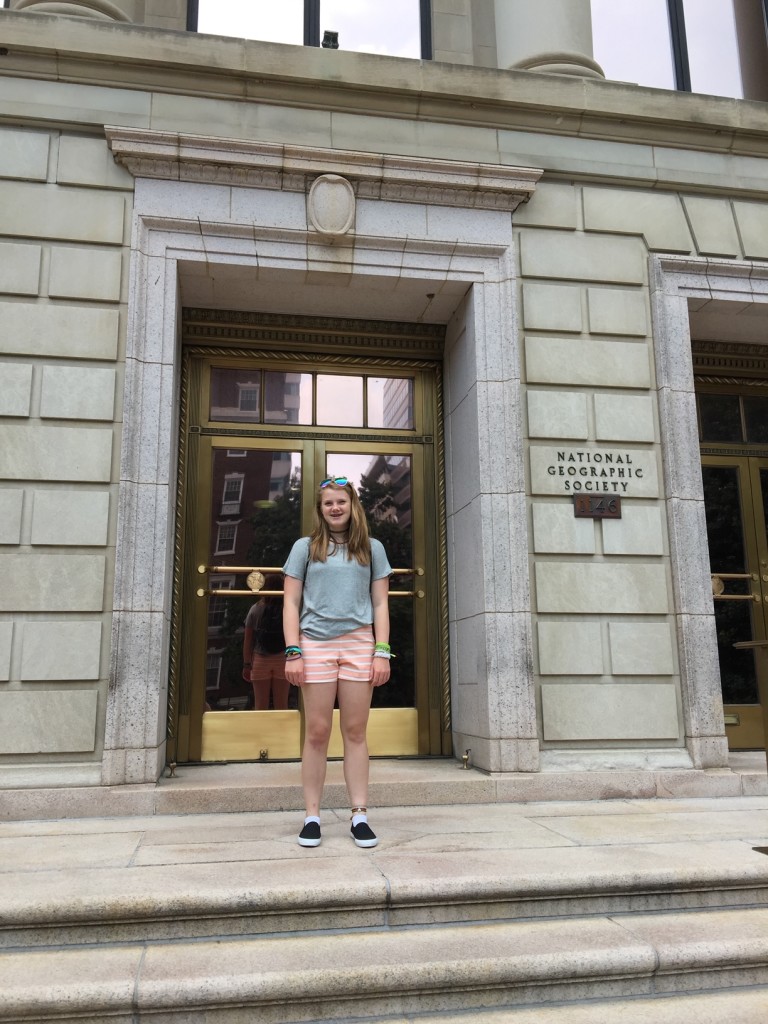
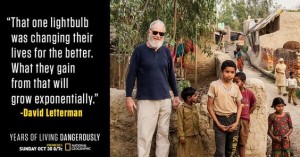
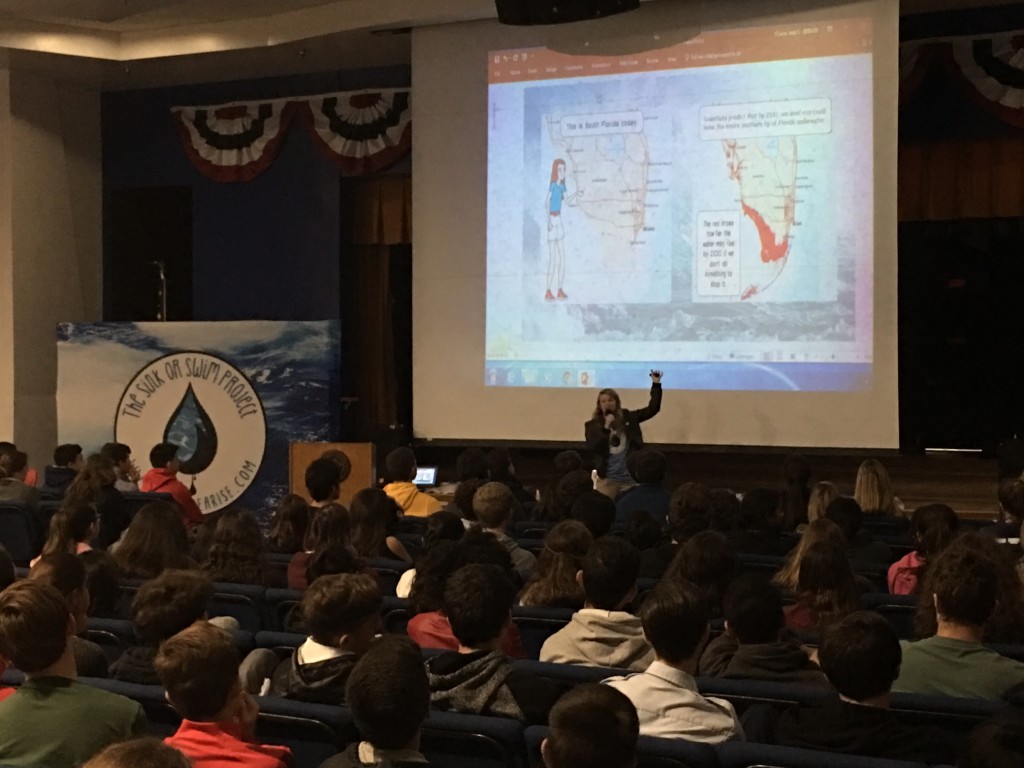
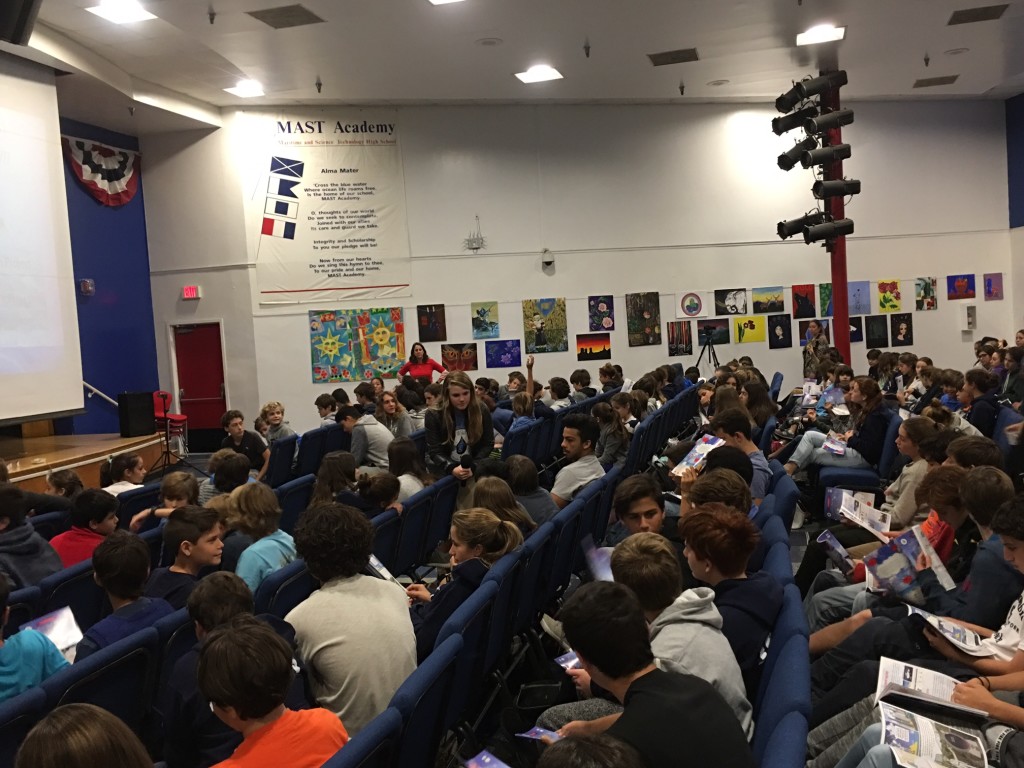 I started my morning with presentations to two groups of high school students that filled the school’s auditorium. These young people were very engaged, had excellent questions, and were eager to learn more about what they could do to help.
I started my morning with presentations to two groups of high school students that filled the school’s auditorium. These young people were very engaged, had excellent questions, and were eager to learn more about what they could do to help.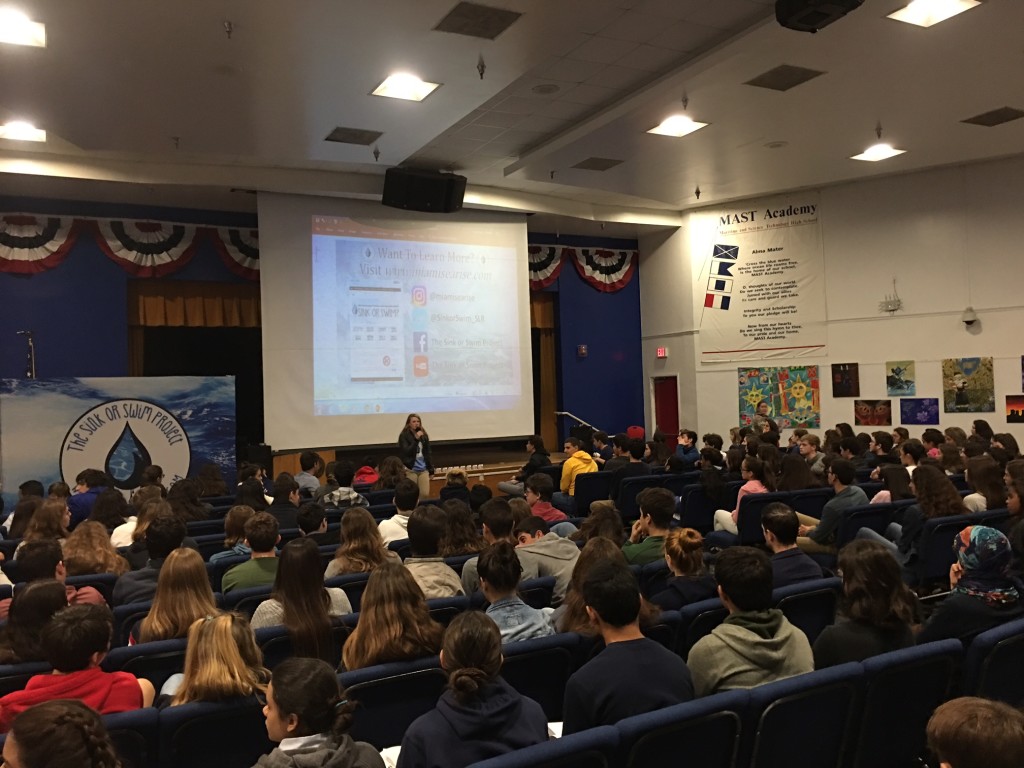
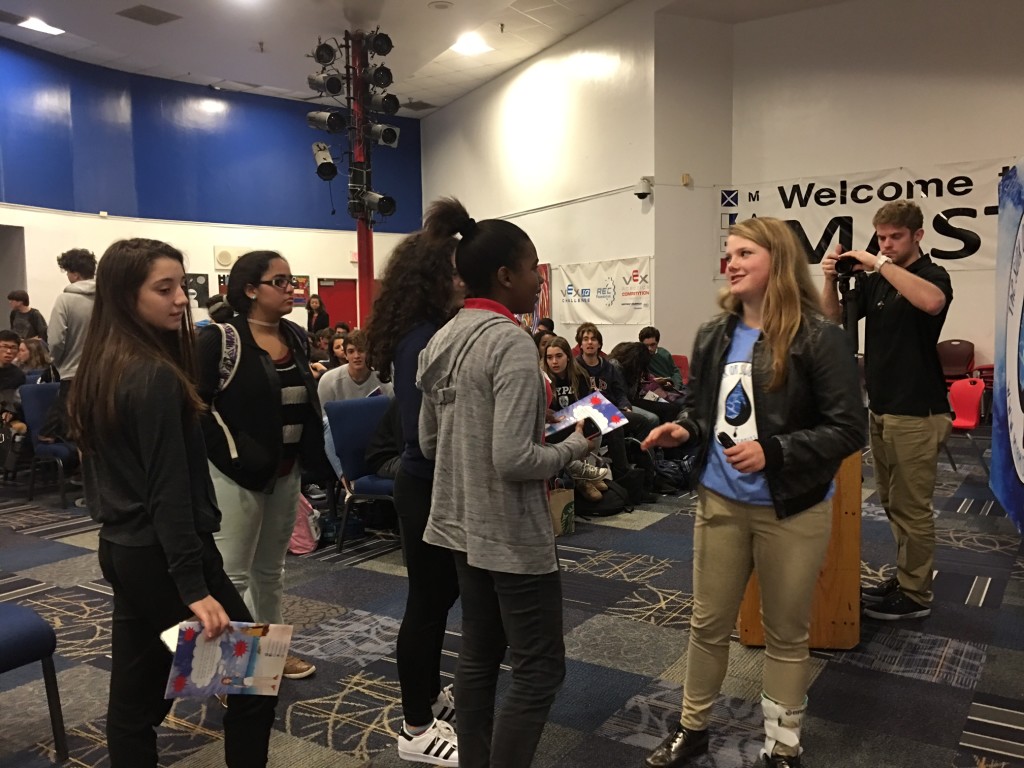
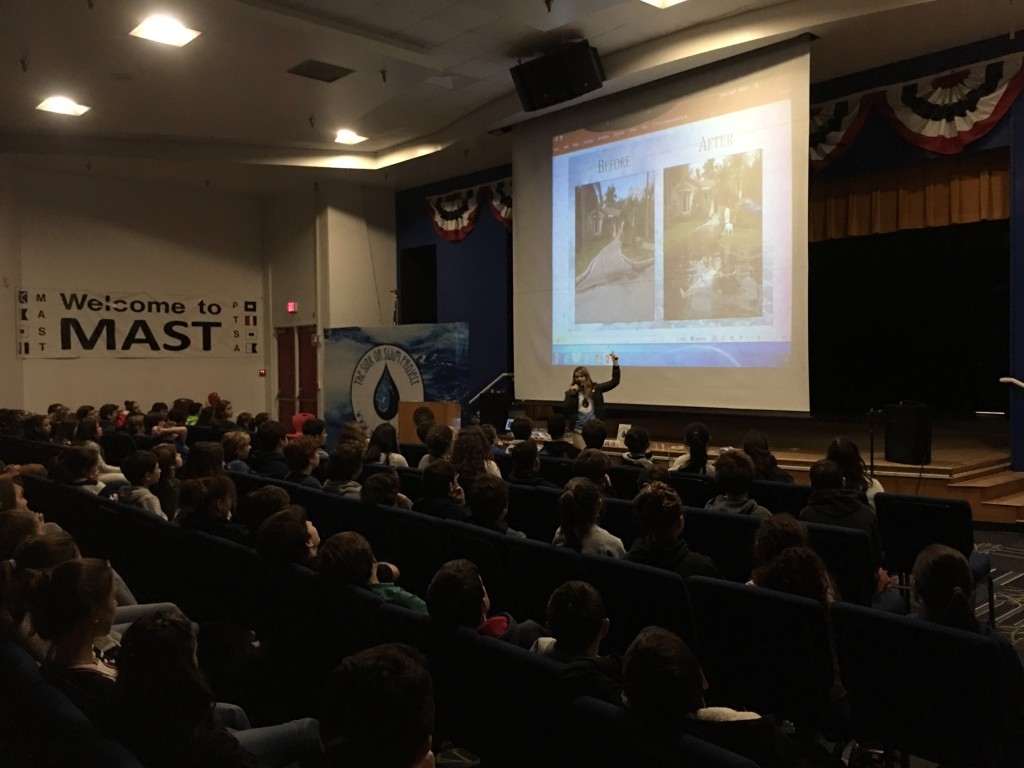
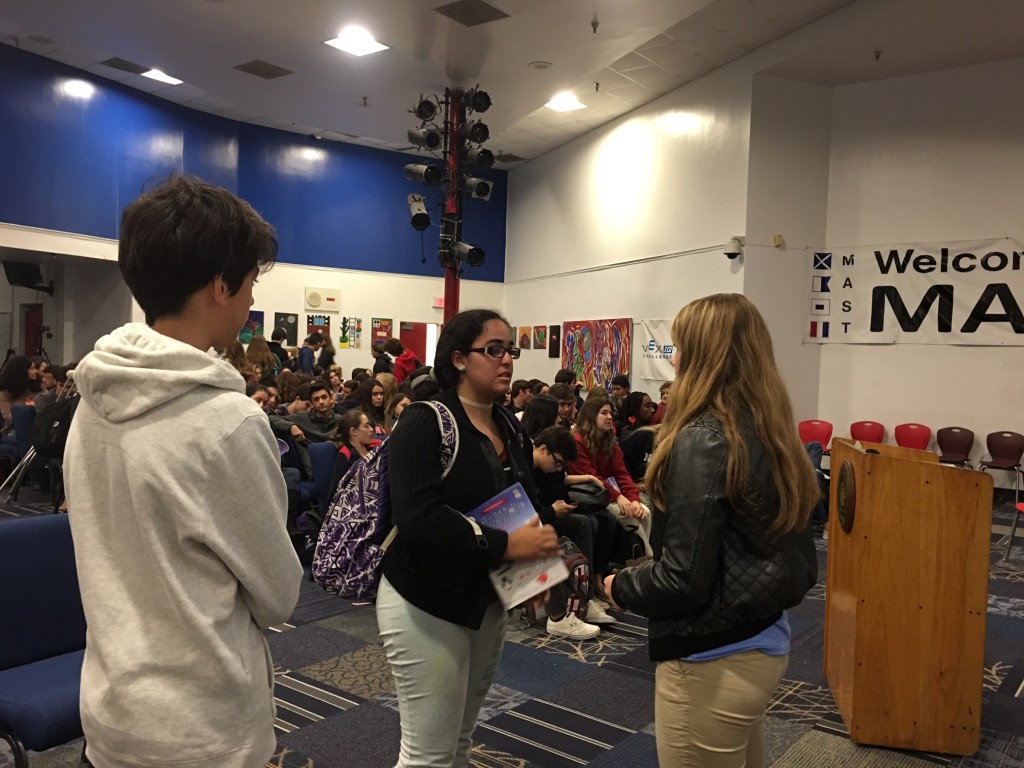
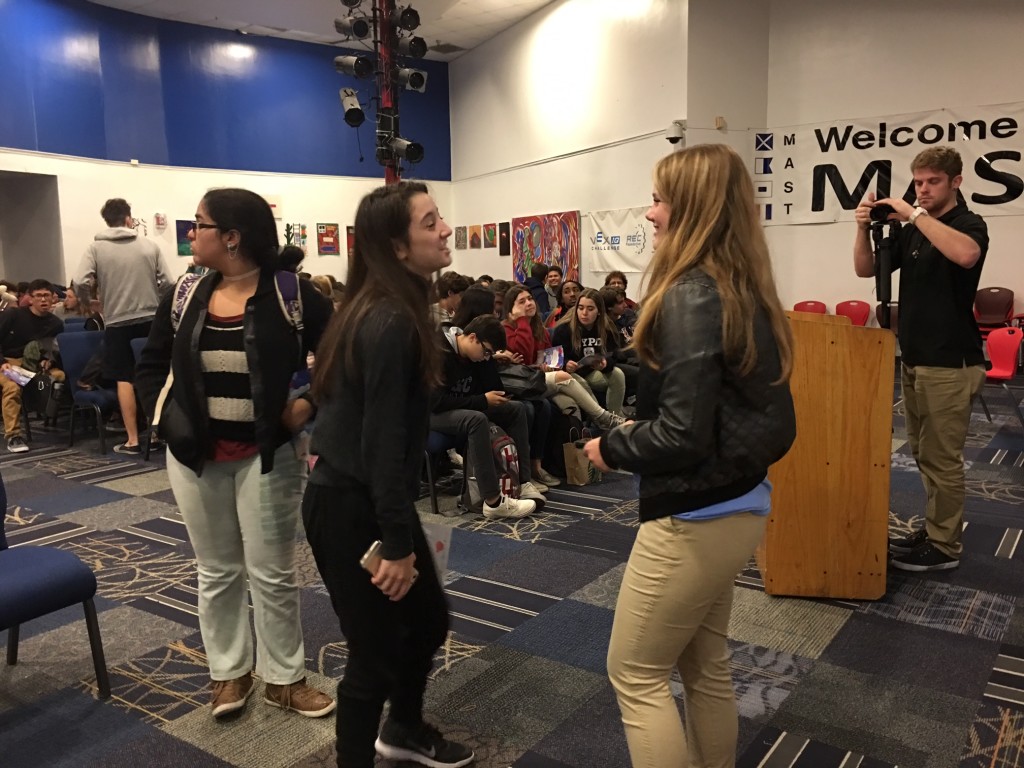
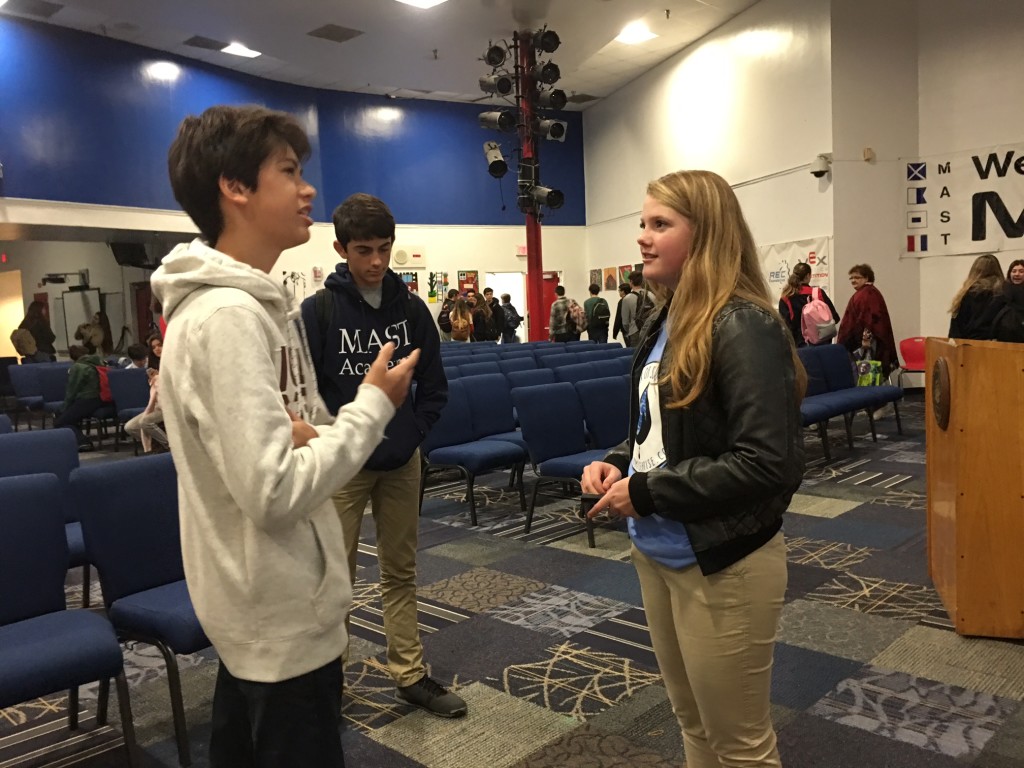
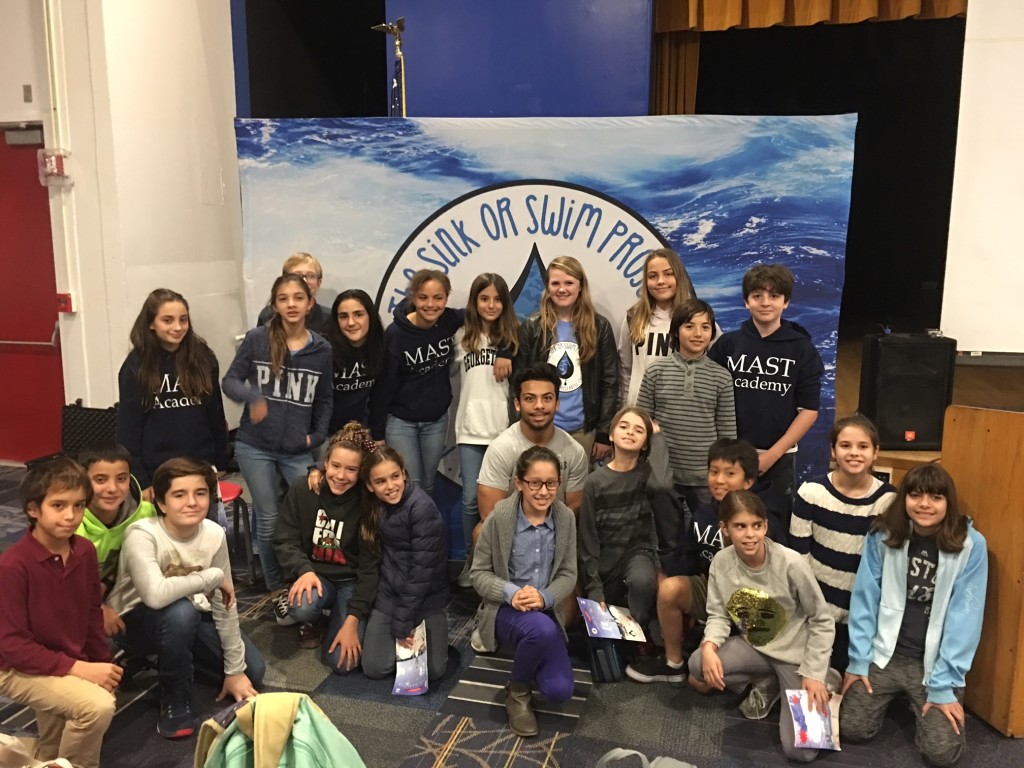 The children were so enthusiastic that day that the school’s leadership was spontaneously inspired to create a school-wide sustainability committee. Over 50 children volunteered on their own volition to participate and then joined me to discuss how they could raise money, approach local political leaders, design, plan and implement a range of projects on their campus and in their community.
The children were so enthusiastic that day that the school’s leadership was spontaneously inspired to create a school-wide sustainability committee. Over 50 children volunteered on their own volition to participate and then joined me to discuss how they could raise money, approach local political leaders, design, plan and implement a range of projects on their campus and in their community.